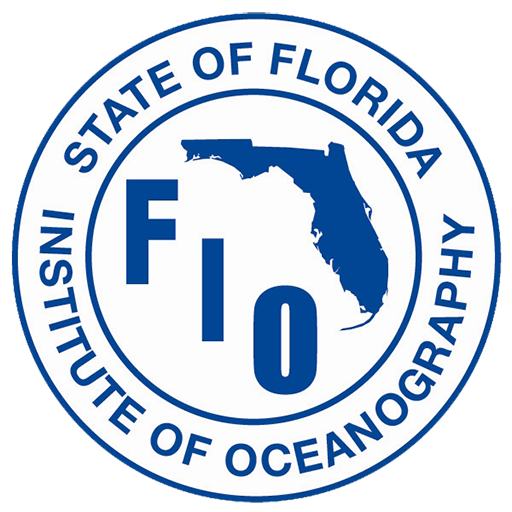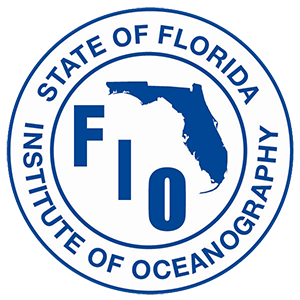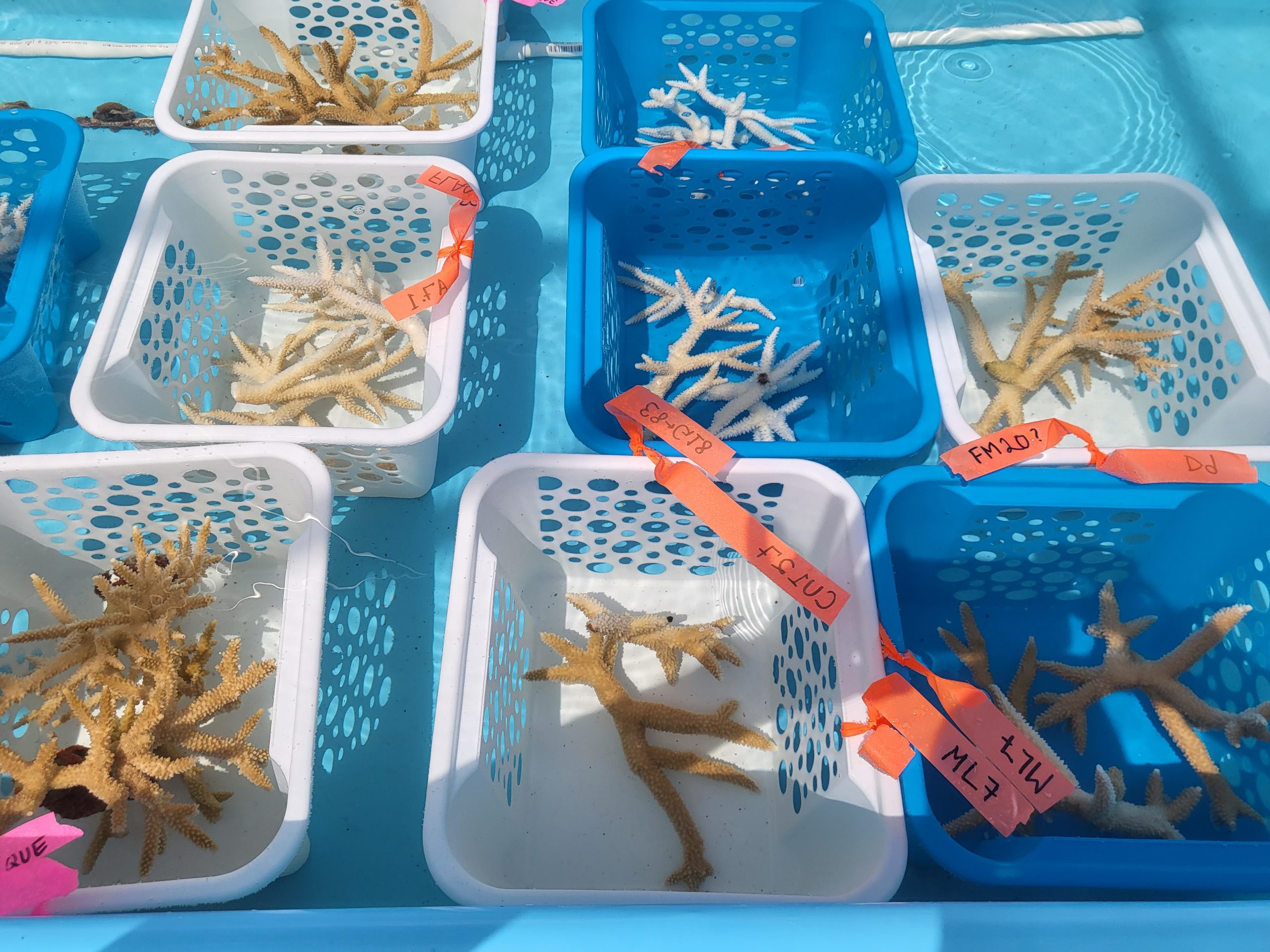By Matthew Cimitile, USF University Communications and Marketing
As unprecedented heat waves and escalating water temperatures in South Florida create a massive coral bleaching event, the University of South Florida (USF) and Florida Institute of Oceanography’s (FIO) Keys Marine Laboratory (KML) are quickly stepping in to house thousands of coral in an attempt to save them.
Currently, KML is housing more than 1,500 coral specimens that were harvested in the past week from offshore nurseries and parent colonies and relocated to KML by partner organizations during the crisis. With 60 tanks ranging from 40 to 1,000 gallons, the lab has the capacity to house thousands more as the coral bleaching event is expected to continue.
KML contains one of the largest temperature-controlled seawater systems in the Florida Keys, allowing for the study of corals and other marine organisms as well as offering a refuge for them to live, rehabilitate and grow. The laboratory is part of the state-wide Florida Institute of Oceanography, a consortium that supports all institutions in the State University System. Hosted by USF, FIO provides critical infrastructure like KML to support the state’s need for science.
“For years we have been developing the infrastructure capacity to support reef restoration efforts that enable KML to temporarily house corals during emergencies such as this,” said Cynthia Lewis, director of KML. “Typically, water temperatures at this time of year are in the mid 80s, but we are already recording temperatures of 90 degrees. It is very alarming.”
When water temperatures get too warm, corals can become stressed, expelling algae living in their tissues and turning white. During such bleaching events, corals are more likely to experience die-offs.
The lab, located on Long Key, is in the middle of the Florida Keys, providing easy access for partners such as The Florida Aquarium, Florida Fish & Wildlife Conservation Commission, Coral Restoration Foundation and others to relocate corals from reefs to the sea water system for temporary refuge. Many of the corals being delivered are rare and endangered species.
It is likely that corals will be housed in land-based systems for months, with some being part of land-based breeding programs. Once these historically high-water temperatures return to normal, USF scientists in partnership with restoration practitioners across the Keys can return corals back to their off-shore nurseries and ultimately their natural environment, reattaching them to reefs using epoxy, cement, zip ties and nails.
“We are very fortunate that aquarium systems like those at Keys Marine Laboratory are available and can be reliably used to stabilize and hold corals in emergency situations,” said Keri O’Neil, director and senior scientist of the Coral Conservation Program at The Florida Aquarium. “Some of the corals held here today will become part of our coral breeding program at The Florida Aquarium and will be given world-class human care for the rest of their lives, producing hundreds of offspring every year. When the time is right to return those offspring to the reef, they will once again have a short stay at Keys Marine Laboratory before returning to the ocean.”
Coral reefs are vital ecosystems that serve as critical habitat for numerous marine life, from fish and crabs to turtles and sharks. They also act as a first line of defense from storms, buffering coasts from wave action and erosion that can cause flooding.


